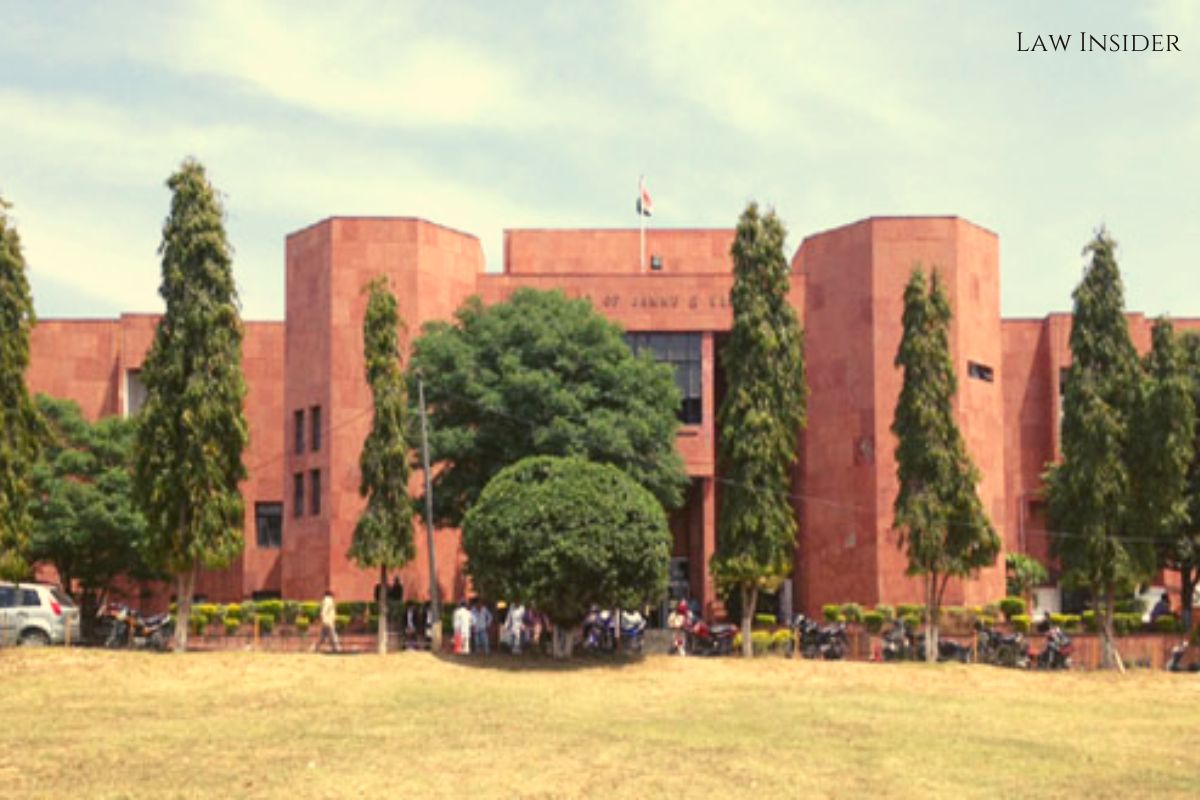Shashwati Chowdhury
Published on: July 1, 2022 at 17:48 IST
The Jammu and Kashmir and Ladakh High Court has ruled that the High Court’s control over the District Judiciary under Article 235 of the Indian Constitution is complete, absolute, and intended primarily to protect the judiciary’s independence and achieve a functional separation of powers.
Justice Sanjeev Kumar and Chief Justice Pankaj Mithal’s Divisional Bench ruled the decision.
The observation was made as the court was hearing the petition of a former Munsiff who had been removed from the J&K state judicial service. On the recommendation of the entire court due to the petitioner’s shown misconduct, the abovementioned order of his removal was passed.
The petitioner had argued that the High Court lacked jurisdiction to issue the show cause notice that proposed removal of the petitioner from the service. According to his argument, only the Governor is competent to impose the penalty of dismissal, removal, or rank reduction under Rule 34 of the J&K Civil Services (Classification, Control and Appeal), Rules 1956.
Regarding the petitioner’s contention about the application of the 1956 Rules, the Court held that unquestionably, despite having the authority to do so, our High Court has not framed its own disciplinary rules pertaining to the District Judiciary and has instead been applying the Rules of 1956, which are generally intended for and applicable to the State’s civil services, Rule 34, when construed in the context of Article 234 of the Indian Constitution, would postulate that the High Court, as an absolute and exclusive disciplinary authority, is competent to issue show cause notices for of proposed penalty to the judicial officer subordinate to it.
The HC referred the cases of T.R.Parihar vs. State of Jammu and Kashmir and ors, 1986 KLJ 187 and Kuldeep Singh v. The Commissioner of Police & Ors (1999).
In the present case, it was noted that the preponderance of probabilities paint to the petitioner’s involvement in the serious misconduct that led to the evasion of huge stamp duty and conferring unfair benefit to the vendees. The petition was accordingly dismissed.

